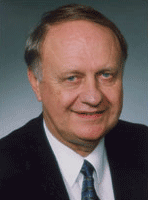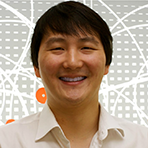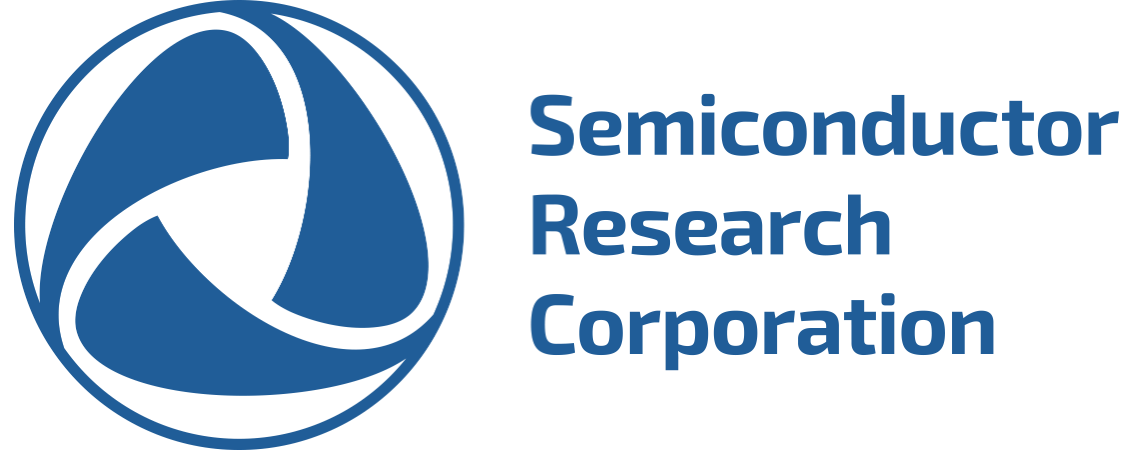
New Frontiers Session at TECHCON 2012
23-Jul-2012
The New Frontiers Session on Monday afternoon will highlight SRC's incredible 30-year history of innovative research collaboration, as well as look forward to the consortium’s exciting future endeavors. The speakers are: Dr. Ralph Cavin, Chief Scientist, SRC and Professor Timothy Lu, Assistant Professor, Synthetic Biology Group, Research Laboratory of Electronics, Department of Electrical Engineering and Computer Science, MIT. More information, including presentation abstracts, is available in the Conference Highlights section of this program.
Title: The SRC Enterprise at Thirty

Presenter: Dr. Ralph Cavin, Chief Scientist, Semiconductor Research Corporation
Abstract: Sometimes an idea arises that is so counter to prevailing wisdom that it would appear to be totally impractical and, perhaps, an act of folly to consider. So it was in 1982 when a group semiconductor companies, each fiercely competitive, decided to act collectively in the face of mounting external competition to jointly support university research. It was clear from the outset that the research would need to be positioned in the pre-competitive space and that the program should address the mutual long-term research needs of the sponsoring companies. It was hoped that by gaining access to relevant new ideas and to talented students emerging from the program, each company could leverage its individual competitiveness. Could this possibly work? The SRC implementation of this radical idea has well-served the semiconductor industry members, governments, and the universities for thirty years. The opening gambit by the SRC founders has more than met expectations, even as the industry itself has undergone dramatic changes. The SRC has conducted a study of the impact of the human resources developed and the technical results emerging from the research that have helped to propel the strong growth in the economic impact of the semiconductor industry. In this presentation, carefully documented examples are provided to illustrate the contributions of the programs of the SRC community. We believe that the SRC is well-positioned to continue to support and to help sustain this dynamic industry as it addresses future technical challenges that would limit its growth.
Title: Can We Engineer VLSI in Biology?

Presenter: Timothy Lu, Assistant Professor, Synthetic Biology Group, Research Laboratory of Electronics, Department of Electrical Engineering and Computer Science, MIT
Abstract: Synthetic biology is an emerging field that seeks to create and re-engineer biological systems from the bottom up. This approach enables scientists to learn about biological systems by building them. Furthermore, it opens up new opportunities to engineer biology for a broad range of applications including biomanufacturing and therapeutics. To achieve these goals, synthetic biologists seek to construct scalable biological systems with reliable and predictable functions. However, despite Moore’s-Law-like advancements in DNA synthesis and assembly technologies, the complexity of functional synthetic biological circuits has not scaled concomitantly. This bottleneck is due to multiple limitations in the existing design cycle for synthetic biological circuits. In this talk, I will introduce the field of synthetic biology, outline current hurdles to progress, and detail efforts to scale the design of artificial biological systems. I will highlight approaches that involve transferring lessons from VLSI in electronics to biology and differences between biological and electronic systems that necessitate alternate strategies. As synthetic biology is in a nascent state of development analogous to the early days of semiconductors, there are many exciting opportunities for engineers and biologists to collaborate and transform our ability to engineer customized biological systems.
Read more about TECHCON 2012.


